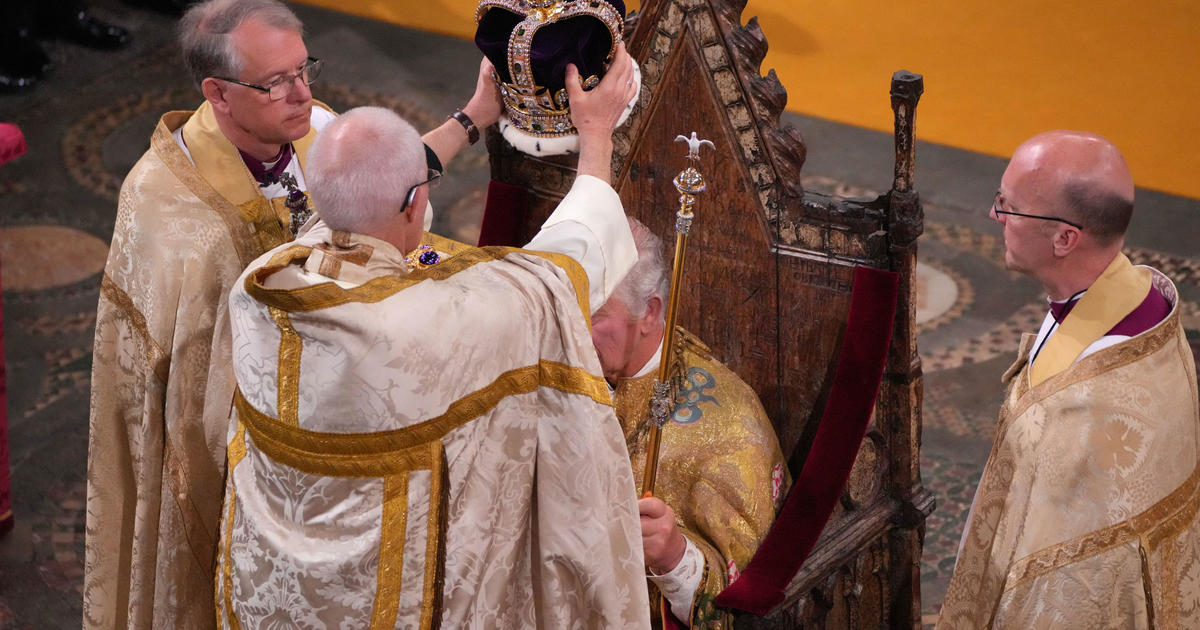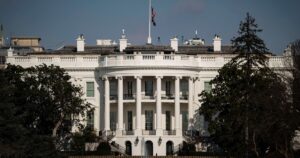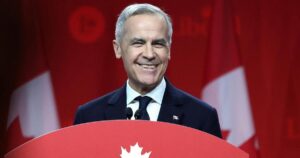Key takeaways:
- The coronation of King Charles III and Queen Camilla is a significant moment in British history.
- Royal analysts have noted the importance of the event, as a powerful reminder of the monarchy’s importance in British culture and history.
- The royal family’s procession to Buckingham Palace was a sight to behold.
On Saturday, King Charles III and Queen Camilla were officially crowned in a lavish coronation ceremony at Westminster Abbey in London. The Prince of Wales, the heir to the throne, dressed in a formal robe and paid homage to his father during the ceremony. The royal couple rode in the Diamond Jubilee Coach, accompanied by the Coldstream Guards and London Metropolitan Police.
Prince Harry and Prince William reunited under one roof for the ceremony, but the estranged brothers had very different roles. Harry, who appeared at Westminster Abbey in morning dress by Dior and his military medals, sat two rows behind his brother. He was not given any role in the ceremony or procession, and the brothers avoided public interaction during the event. Prince Harry was, however, a part of the royal family’s procession to Buckingham Palace, where fellow family members appeared on the balcony for a military plane flypast.
Royal analysts have weighed in on the event, noting the significance of the coronation. “The coronation of King Charles III and Queen Camilla marks the end of a long period of transition for the British monarchy,” said one analyst. “The event was a powerful reminder of the monarchy’s importance in British culture and history.”
The coronation of King Charles III and Queen Camilla is a significant moment in British history, and royal analysts have noted the importance of the event. The ceremony was a powerful reminder of the monarchy’s importance in British culture and history, and the royal family’s procession to Buckingham Palace was a sight to behold.



Be First to Comment